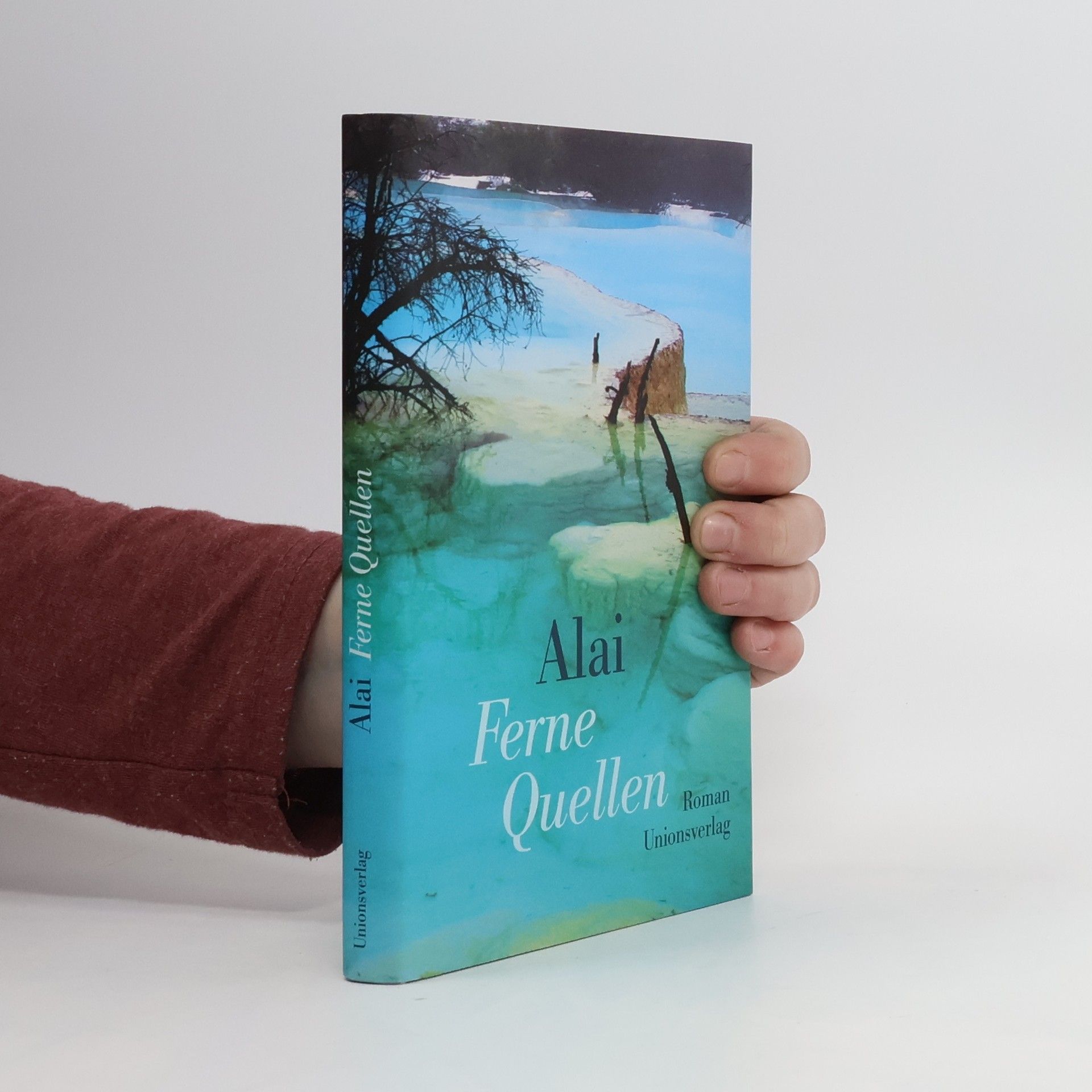Roter Mohn
Roman
Jeder weiß, dass der zweite Sohn des Fürsten Maichi ein Idiot ist. Als Thronfolger wird er nie zum Zug kommen. Umso unvoreingenommener beobachtet er seine Umgebung – die Festung des Fürsten im äußersten Osten Tibets, die rücksichtslose und grausame Feudalherrschaft, die in kleinliche Streitereien verwickelten Lamas, die Intrigen um schöne Frauen und die Fehden mit benachbarten Herrschern, die wechselnden Allianzen mit den Chinesen. In das entlegene Hochland dringt die Moderne lediglich als fernes Echo. Als ein Sondergesandter der chinesischen Regierung Fürst Maichi Mohn anbauen lässt, wird dieser unermesslich reich. Die betörende rote Mohnblüte und der Duft der reifenden Kapseln bringen Unruhe in das archaische Leben. Einzig der Idiot erkennt, dass sich das Ende einer Ära abzeichnet. Zunächst von vielen chinesischen Verlagen wegen der heiklen politischen Thematik abgelehnt, wurde »Roter Mohn« 1998 ein Bestseller und 2000 mit dem wichtigsten chinesischen Literaturpreis, dem Mao-Dun-Preis, ausgezeichnet.

